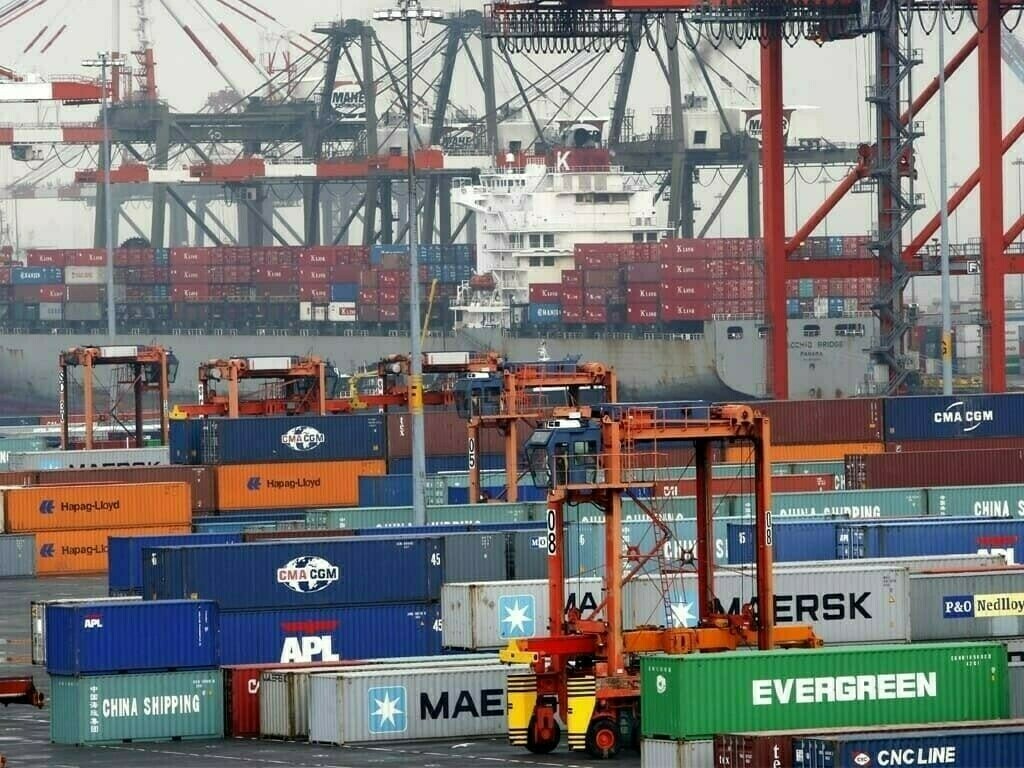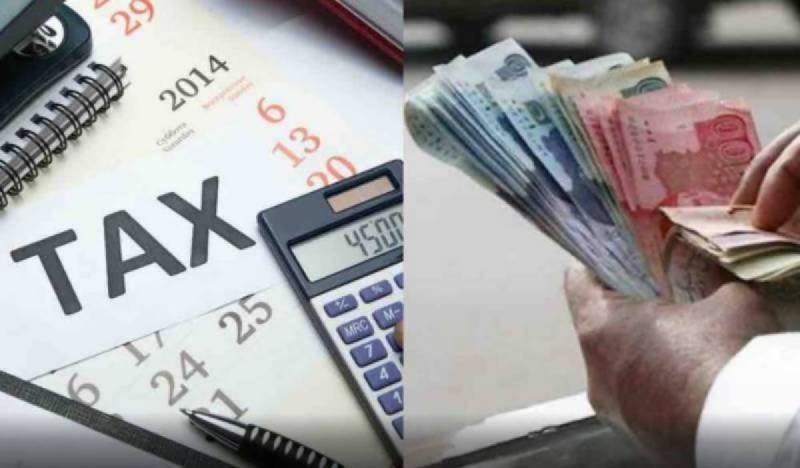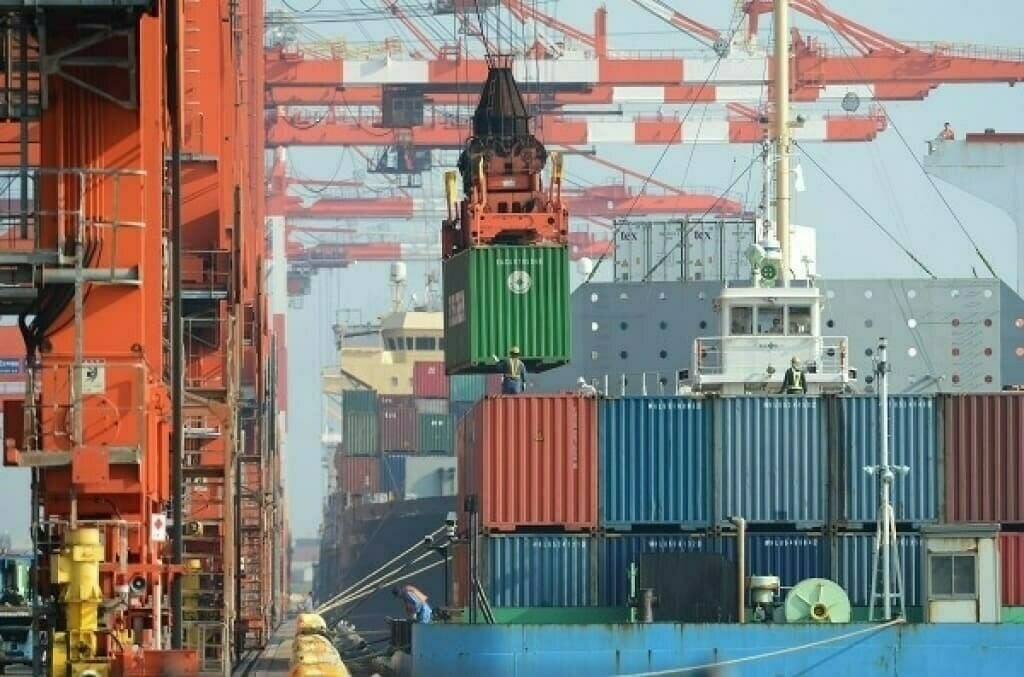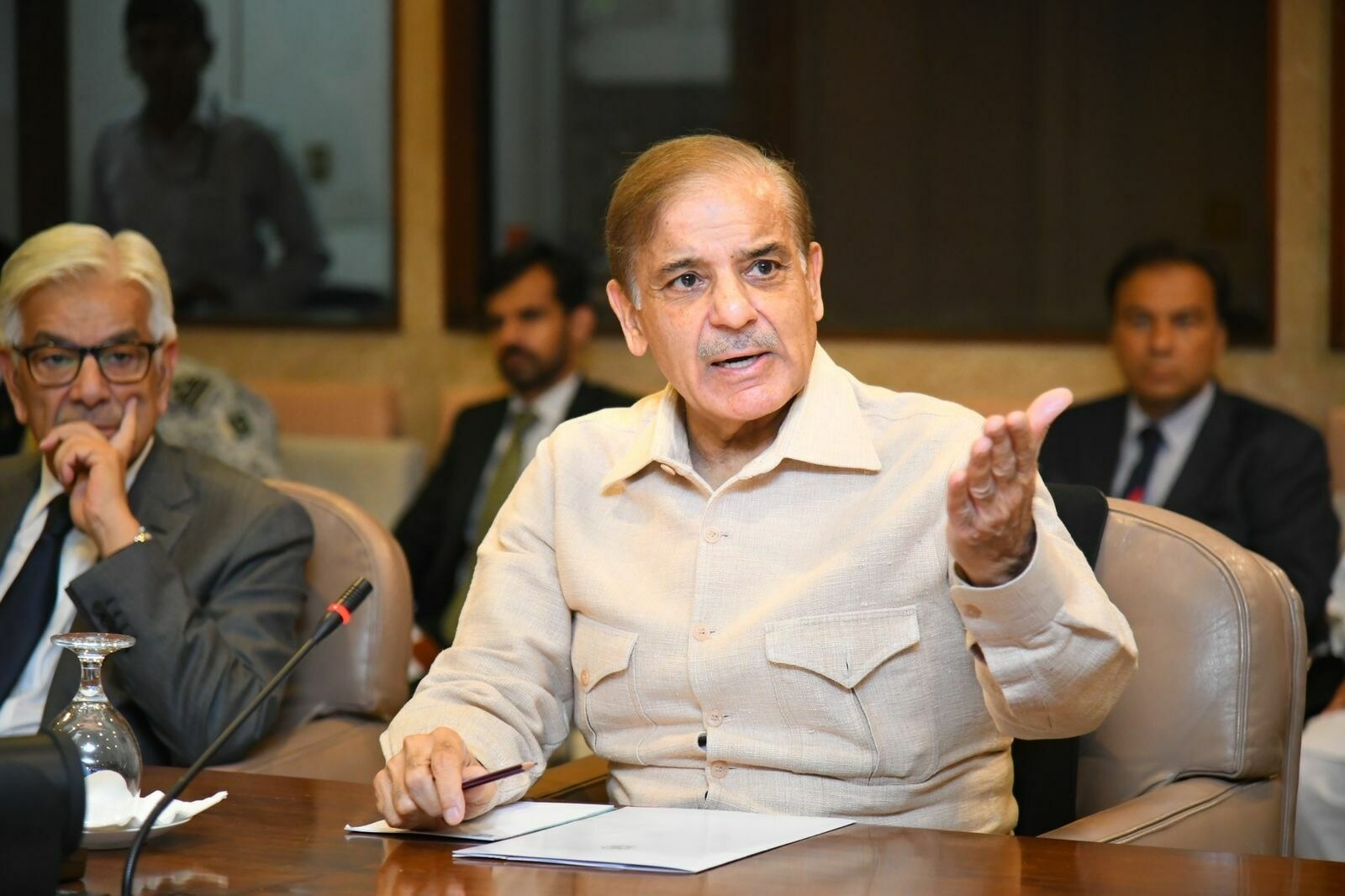Mohsin Siddiqui (Chief Reporter)
The Commerce Ministry expressed strong dissatisfaction with the Finance Ministry for excluding its export growth recommendations from the federal budget 2024-25. These recommendations had already been approved by the Tariff Policy Board (TPB), an inter-ministerial body responsible for revising tariffs on goods. This discontent was highlighted by Ahsan Mangi, Additional Secretary (Incharge) of the Commerce Ministry, during a detailed presentation to the newly formed Senate Standing Committee on Commerce, chaired by Senator Anusha Rahman Ahmad Khan.
Ahsan Mangi informed the committee that the Commerce Ministry had submitted numerous recommendations to the Finance Ministry and the Federal Board of Revenue (FBR) aimed at revising tariff lines for various items to boost exports, which had reached $30.581 billion with a 13.8 percent growth. However, these recommendations, which included reducing tariffs, were entirely ignored by the budget makers. In contrast, recommendations to increase tariffs on imported items were approved.
Mangi further stated that the Commerce Ministry had raised this issue at various forums but to no avail. He assured the committee that he would share the correspondence between the Commerce Ministry and other stakeholders regarding changes in tariff lines. Joint Secretary (Trade Policy) Muhammad Ashfaq, who is on deputation from the FBR, argued that during the TPB meetings, officials from budget-making entities did not endorse the Commerce Ministry’s recommendations on lowering tariffs, even though the TPB had approved them.
This statement was contested by Senator Saleem Mandviwalla, Chairman of the Senate Standing Committee on Finance, and Senator Anusha Rahman, who is also a member of the Senate Committee on Finance. They noted that Ashfaq did not voice any objections against the Finance Ministry and the FBR during the Finance Committee meetings. Mandviwalla suggested that the Commerce Ministry could still submit its recommendations to the Senate Standing Committee on Finance to make them part of the official record, ensuring transparency on which recommendations were ignored.
The Commerce Standing Committee was also informed that Pakistan has communicated to China that the current Free Trade Agreement (FTA) is not beneficial and has requested a revision. Pakistan has compiled a list of over 400 items, in consultation with trade bodies, which it shared with Beijing. Islamabad seeks the same trade incentives that ASEAN countries enjoy. Recently, 12 product protocols were signed with China for exporting onions, cherries, beef, chilies, dairy products, and donkey hides, among others.
During the discussion, Senator Anusha Rahman questioned why only donkey hides were being exported and not the entire animal. Mangi responded that currently, only hides could be exported, but protocols for exporting the whole donkey were under discussion. Senator Sarmad Ali humorously inquired about the fate of the donkey meat, prompting general laughter. Mangi clarified that there is no ban on exporting donkeys to China and noted that donkey farming is progressing in Pakistan.
Mangi further revealed that the Commerce Ministry has recommended opening nine new trade missions abroad, including in Africa, where Pakistan has seen significant growth due to the Look Africa Policy. He mentioned that legal frameworks for trade with Iran and Russia have been prepared and shared with both countries. A Russian delegation is expected to visit Pakistan for further negotiations. Trade with Central Asian Republics through China has also commenced, although progress remains slow.
The committee was apprised that a trade pact with Azerbaijan would be signed during the visit of Azerbaijan President Ilham Aliyev, scheduled for July 11-12, 2024. Negotiations on a Free Trade Agreement (FTA) between Pakistan and the Gulf Cooperation Council (GCC) have concluded, and a strategic trade framework has been shared with Saudi Arabia.
Mangi also noted that the biannual review of the EU’s Generalized Scheme of Preferences (GSP) and GSP+ had been completed, with the EU granting an extension until December 2027 or until a new GSP scheme is launched. However, the new EU Parliament may introduce additional conditions in the new GSP.
On the issue of Afghanistan, the Commerce Ministry stated that Pakistan’s strategy to curtail transit trade, which was harming the local industry and revenue, has been successful, significantly reducing the transit trade of those items.
The Trading Corporation of Pakistan (TCP) highlighted that it is paying $0.6 million in daily interest on loans taken for importing commodities and operations, as recipient organizations are not settling their liabilities. TCP’s current debts and liabilities stood at Rs 281.907 billion as of June 30, 2024, with Rs 93.692 billion in principal and Rs 188.215 billion in markup. TCP sought the committee’s support to recover long-outstanding receivables from various agencies and to intervene in the commodity market without cost to the government for price stabilization. TCP also requested the committee’s assistance in settling property disputes with Port Qasim and Multan Industrial Estate.




